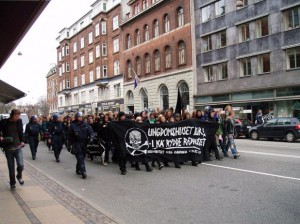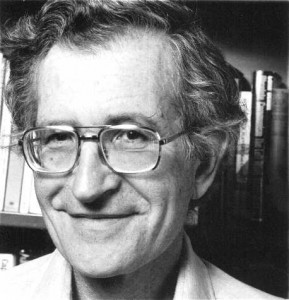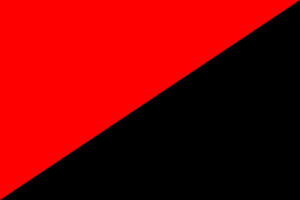anarchism
In Theory, New in Ceasefire - Friday, October 8, 2010 6:05 - 10 Comments
In Theory">Autonomism: The future of activism? In Theory

One of the major influences on contemporary activism has been European Autonomism, whose mark was present in the 2008 uprising in Greece, the Ungdomshuset revolt in Denmark, as well as the wave of summit protests around the world. Political theorist Andrew Robinson traces its origins and development, and explains why it could be the future of activism.
Diary of a Domestic Extremist, Ideas, New in Ceasefire - Wednesday, October 6, 2010 2:00 - 49 Comments
Diary of a Domestic Extremist: Why I hate activism
 What does it really mean to be an "activist"? Are activists deluding themselves about being agents of radical change? In an impassioned polemic, Mikhail Goldman argues that today's activist movements, far from being the creative, truly revolutionary wave they purport to be, risk becoming, themselves, agents of bigotry, sexism, and elitism.
What does it really mean to be an "activist"? Are activists deluding themselves about being agents of radical change? In an impassioned polemic, Mikhail Goldman argues that today's activist movements, far from being the creative, truly revolutionary wave they purport to be, risk becoming, themselves, agents of bigotry, sexism, and elitism.
Columns, Ideas, In Theory - Friday, August 6, 2010 15:53 - 9 Comments
In Theory Anarchism, war and the state
 Of the many movements and "isms" that have emerged in the past two centuries, none have had the run of stigma, mischaracterisation and sheer venom thrown at it as has the idea of Anarchism. Some use the term as shorthand for political violence, others for nihilistic rejection of societal coherence. Even those who admire its general principles often find themselves in conflict over how those principles are to manifest themselves in the world of reality. In a brilliant and thorough tour d'horizon, Ceasefire columnist Andrew Robinson looks at the development of the Anarchist response to war and the state. He uncovers some striking affinities as well as the nuances in difference within this widely variant (and much maligned) field of thought and offers a neat encapsulation of the major strands involved
Of the many movements and "isms" that have emerged in the past two centuries, none have had the run of stigma, mischaracterisation and sheer venom thrown at it as has the idea of Anarchism. Some use the term as shorthand for political violence, others for nihilistic rejection of societal coherence. Even those who admire its general principles often find themselves in conflict over how those principles are to manifest themselves in the world of reality. In a brilliant and thorough tour d'horizon, Ceasefire columnist Andrew Robinson looks at the development of the Anarchist response to war and the state. He uncovers some striking affinities as well as the nuances in difference within this widely variant (and much maligned) field of thought and offers a neat encapsulation of the major strands involved
Ideas - Saturday, April 26, 2008 0:02 - 13 Comments
Q&A: Anarchism
 Anarchism is an oft-misunderstood political ideology - it’s not mainstream, it doesn’t seem to have a set of defined principles and to many, the word means ‘chaos’.
Anarchism is an oft-misunderstood political ideology - it’s not mainstream, it doesn’t seem to have a set of defined principles and to many, the word means ‘chaos’.

